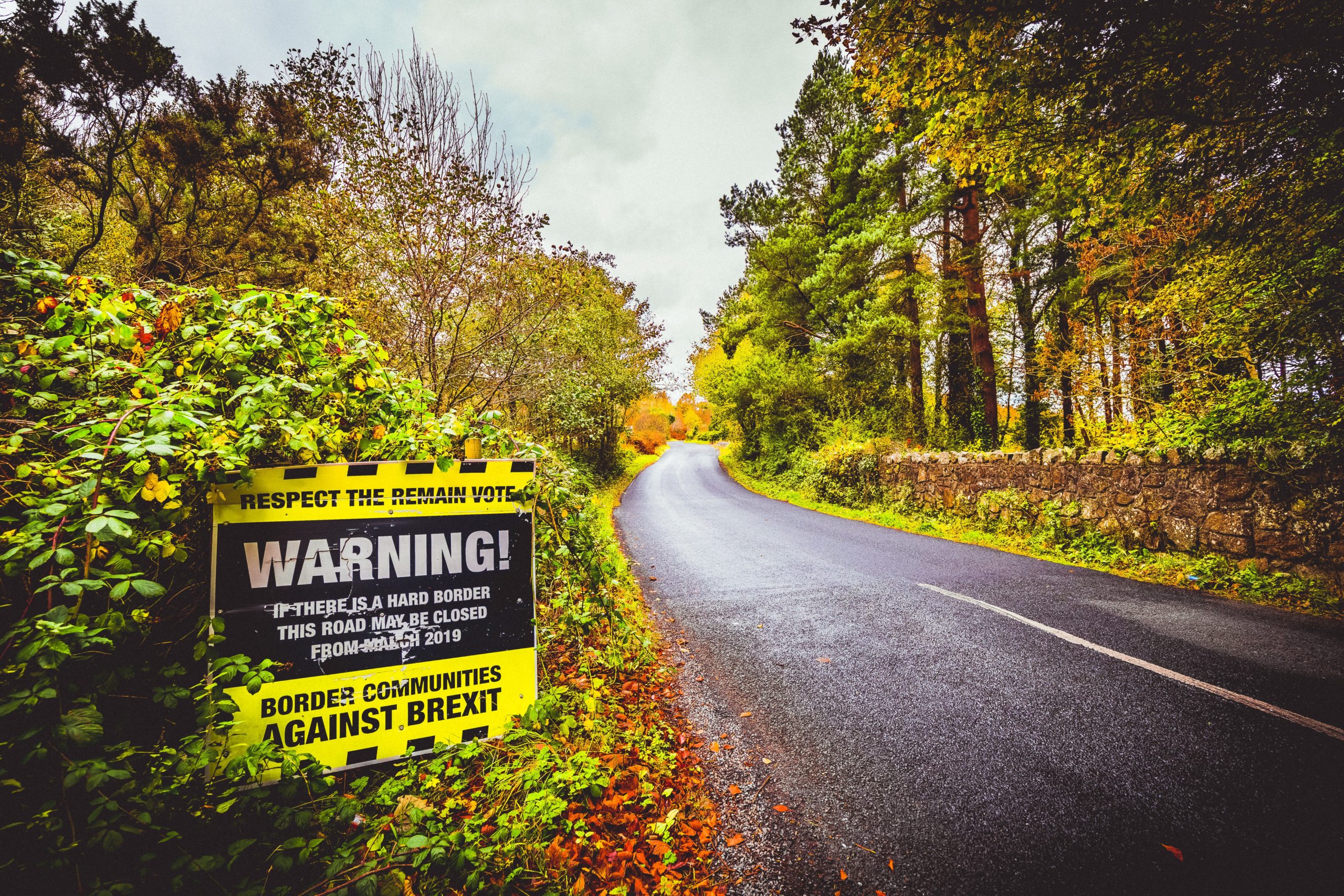‘I appeal to all Irishmen to pause, to stretch out the hand of forbearance and conciliation, to forgive and to forget, and to join in making for the land which they love a new era of peace, contentment and goodwill.’
It was 100 years ago that these words were spoken by King George V in 1921 as he opened the first parliament of Northern Ireland at Belfast City Hall.
The 3rd May 1921 was a significant day for the future of Ireland’s nation and its relationship with the United Kingdom. It saw a legislation enacted which drew a border in Ireland, separating what we know as ‘northern’ from the ‘republic’, leading to its partition and almost two decades of conflict between nationalists and unionists.
It was whilst Britain was occupied with the First World War that the Easter Rising of 1916 broke out, becoming the catalyst for the Irish War of Independence in 1919. The brief but violent Easter Rising was bloody and showed just how unhappy the nationalists were with UK rule in Ireland, and the War of Independence, which lasted until 1921, brought tensions to the very surface.
The following year the British government decided to partition Ireland, a move that offered nationalists a parliament in Dublin and gave the Ulster unionists their own parliament in Belfast.
The decision to partition was decided by the British government as a compromise solution to this ongoing conflict.
When the border was first imposed, it was not clear how long it would be in place. Only 6 months after the partition, the border was put up for negotiation. Today the border is still the same as it was 100 years ago: the route is no different, however the area of the border has seen violence and attacks that are a huge part of Ireland’s harrowing political history.
The border became a heavily militarised area during the Troubles in Northern Ireland, where more than 30 years of violence saw it plagued with British Army checkpoints and often the site of IRA attacks.
It was only after the Good Friday Agreement of 1998 that the army checkpoints were dismantled.
Fast forward to 2016 where the UK voted to leave the European Union, and then again to 2020 when the UK officially left – the Irish border became the UK’s only land border with the EU. However, after months of controversy over the issue of re-imposing a ‘hard border’ with customs posts on Ireland, the British government eventually agreed to the Irish Sea border instead.
This debate has re-ignited nationalists calls for a referendum on the reunification of Ireland – the power to call a border poll of which rests with the UK’s secretary of state for Northern Ireland. This is something that PM Boris Johnson thinks he could not see being considered for a long time, and current opinion polls do not suggest that a majority of people in Northern Ireland support the removal of the border.
The Belfast Good Friday agreement (BGFA) of 1998 gives the Northern Ireland secretary discretion to call a referendum at any point. However he is legally obliged to call one if there is a majority in Northern Ireland in favour of unification. So, a border poll is not inevitable even if Brexit made it part of the national conversation in Ireland.
The Democratic Unionist Party has said that the vote to elect the next leader of the party will take place on the 14th May, after current leader Arlene Foster announced she is stepping down at the end of June following her supporters signing a letter of no confidence in her leadership.
The failure to secure a Brexit deal that secured rather than loosened Northern Ireland’s position in the UK was just one of the defeats for the DUP under Foster’s leadership. Abortion in Northern Ireland has been legalised by Westminster, and the aforementioned prospect of a united Ireland is in serious political debate, more than it ever has been.
These have all created a recipe for discontent in the DUP, with councillors and party activists calling for repeal of the abortion law and the Northern Ireland protocol.
For many, they see that Foster’s successor will have an even harder time with the DUP: the pressures placed on the Union by the Brexit vote are still prominent and party challenges will only get harder.
For now, the future of Ireland’s politics is as unclear as it has been for the last 100 years, and though this ‘significant’ anniversary celebrates the efforts of people to ‘build an inclusive, prosperous, and hopeful society, strengthened by the gains of the peace process’, as the Queen said, it is one that also reminds us of the tumultuous and complex history the country has.
Amelia Cutting
Featured image courtesy of Jamie Casap via Unsplash. Image license found here. No changes were made to this image.

